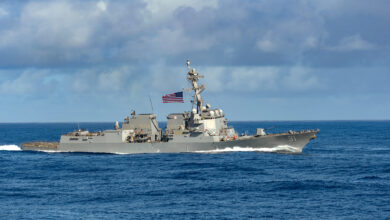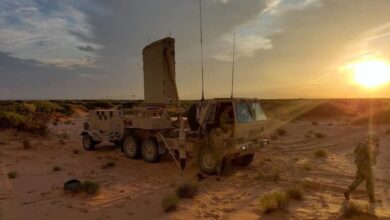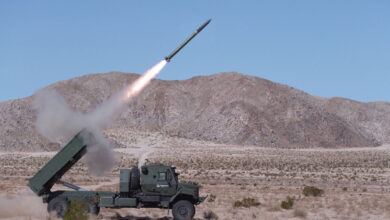Raytheon, Northrop, and Lockheed to Develop US Missile Interceptor System
American defense contractors Raytheon Technologies, Northrop Grumman, and Lockheed Martin have been selected to develop a new missile interceptor system for the US military.
With a total value of around $60 million, the contract will require the three defense companies to design and manufacture the Glide Phase Interceptor (GPI), which will reportedly be capable of defeating a new generation of hypersonic missiles.
The agreement stipulates that the consortium facilitate the testing phase of the weapon system to verify if it can defend against hypersonic threats.
According to Massachusetts-based defense manufacturer Raytheon, the GPI can intercept hypersonic missiles when they re-enter the Earth’s atmosphere to glide toward an intended target. The developers will also seek to reduce the technical risks of operating such a weapon system.
Once development is complete, the GPI will be integrated into the US Navy’s ship and shore-based Aegis Weapon System, which detects, tracks, and engages hypersonic threats.
‘Advancing Missile Defense System’
Raytheon vice president of strategic missile defense, Tay Fitzgerald, said that his company is banking on its ballistic missile expertise in advancing the US military’s missile defense system against future threats.
He also explained that the GPI that Raytheon, Northrop Grumman, and Lockheed Martin will develop has improved speed, maneuverability, and the ability to withstand extreme heat.
Meanwhile, US Missile Defense Agency sea-based weapon systems program officer, Rear Adm. Tom Druggan, expressed that the agency is “thrilled” to have the three defense contractors collaborating on an advanced missile interceptor for the US military.
“Multiple grants enable us to execute a risk reduction phase to investigate industry solutions and exploit the benefits of a competitive environment to demonstrate the most effective and dependable GPI for regional hypersonic defense as soon as possible,” he said in a press release.
The three companies each will receive an initial $8 million payment to fund research, development, testing, and evaluation of the new weapon system. Work is expected to be performed in Arizona, Alabama, California, and Pennsylvania.












